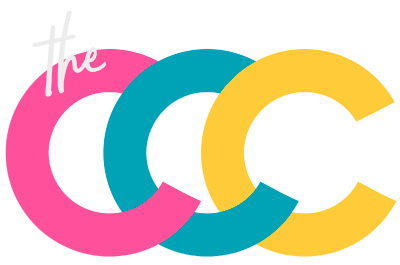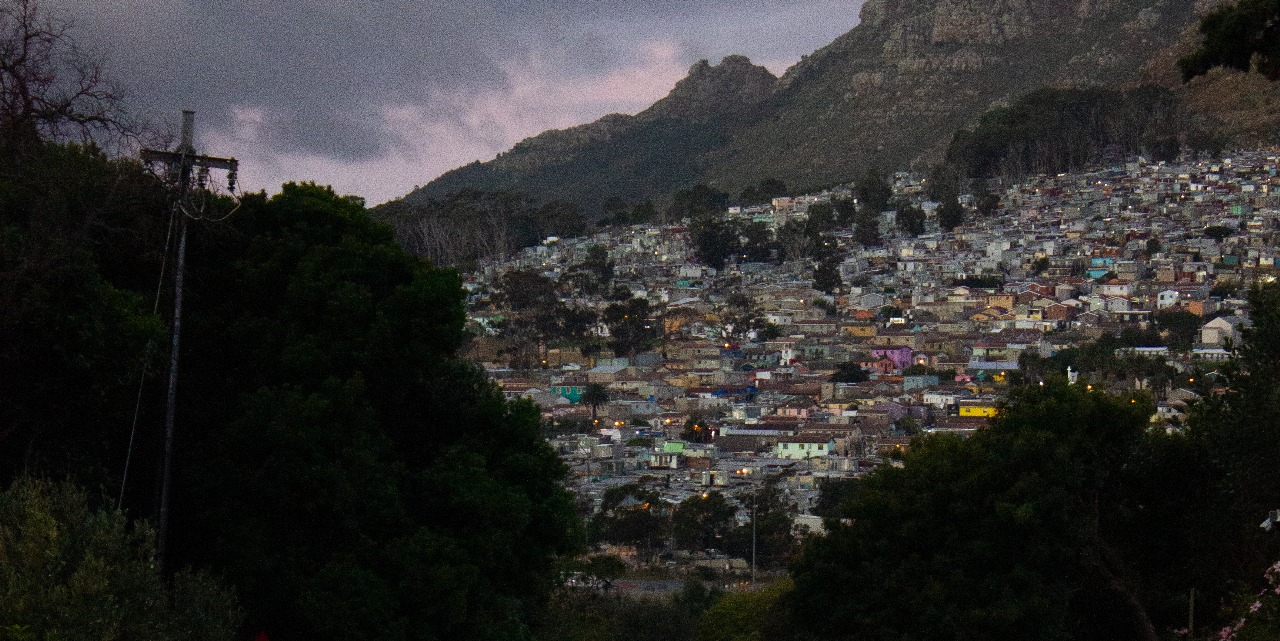”
Written byNick Trethowan
“We Only Really Know Freedom, When We Are Deprived of It.”
Yesterday, (and technically today?) South Africa celebrated its 31st Freedom Day, since the abolition of Apartheid and the birth of our Rainbow Nation. 31 years. My whole life. Yet, the notion that we are actually free and furthermore, that we are celebrating that, feels disjointed from the reality that has become the life for most South Africans.
According to Stats SA, our unemployment rate is 31%, further to which it is estimated that over 20 000 000 South Africans live in townships or low-income areas. That is over half of our country’s urban population with, according to Government Stats, 40% of the working-age population and 60% of the country’s unemployed residing in townships.
While townships have improved with major development in areas like Soweto and Chatsworth, overall, the lack of infrastructure and service delivery perpetuates the cycle of struggle. From a lack of transport (other than taxis, and let’s not even begin with that), to a lack of effective policing, clinical services, sustainable housing, zoning, etc, etc, means that although there has been a progression in particular certain areas, other areas face a continual lack of structure and foundation.
The legacy of Apartheid in South African housing casts a long shadow and 31 years later, one can say that the improvements have been there, but so minor that the impact is almost null.
Which brings us to the next aspect: from low to middle-income families and homes, the cost of living is increasingly disproportionate.
We are told that inflation is under control. That the economy is stabilising. That the rand is resilient. But try tell that to a mother in Delft trying to stretch R350 into a week’s worth of groceries. Or to a recent graduate in Mamelodi who is sending out CVs every day but hasn’t been called for a single interview in six months. Or to a nurse in Limpopo, commuting 50 kilometres each day with multiple minibus taxis, still not being able to afford electricity, data, and school fees on a full-time salary.
The disparity between statistical freedom and lived reality is staggering. What does it mean to be “free” when your choices are limited by economic oppression, geographic segregation, or generational trauma? What good is a vote, a flag, or a public holiday, when your daily existence is framed by limitation, insecurity, and inherited inequality?
Freedom, in its true form, must go beyond access to the ballot box.
It must mean access to opportunity. It must mean safety, dignity, and the ability to dream with some reasonable hope that those dreams may materialise. But when corruption eats away at public funds, when schools in certain districts are still struggling, when energy supply is erratic, and when young South Africans see more promise in leaving than in staying, it’s hard to call that freedom. At least, not the kind that was fought for.
In 2022, Statistics South Africa (Stats SA) recorded 55,719 homeless individuals in our country. This figure represents a significant increase, almost quadrupling from the 13,135 homeless people recorded in 1996. Homelessness is more prevalent in metropolitan areas, with 74.1% of homeless individuals living in these regions.
The image of people dejectedly sitting in camps erected outside Sea Point’s Virgin Active or waiting at the municipal golf course is a sharp reminder of the vivid contrasts between the rich and poor in SA.
Yes, we are no longer under Apartheid law, but that does not mean we are free from Apartheid’s consequences. Spatial planning, economic policy, education systems — the scaffolding of segregation still shapes the daily lives of millions. And when accountability is absent and leadership serves itself before the people, this nation cannot claim to be walking in the light of freedom — it is limping in its shadow.
But maybe this is what Freedom Day should actually be. Not a celebration of the ideal, but a confrontation with how far we still have to go. A day not of braai’s, road trips and speeches, but of reckoning. Of remembering not only what was overcome, but what remains untransformed. Because until freedom is felt in the homes of the poor, the unemployed, the forgotten — then it is still an idea. And ideas alone, however noble, however joyous the celebration or how good the feeling of having a day off for a long weekend, cannot feed a family. It cannot pay rent.
We cannot really understand freedom until we no longer have it, and while there are millions of South Africans who are able to enjoy their freedom, there are millions more who aren’t. And yes, it is easy to point out these problems, it is easy to complain as it were. But unless we know, we can’t do anything about it. So shout it from the fucking rooftops. Pester our ward councillors and don’t rest on the laurels of achievements from years gone by. Engage our communities. Support one another. Change is coming, it can be felt all around the world. Let’s make it change for the better and not add to the fear and hatred. Let’s be the country our forefathers believed we could be.
For more of our Visceral features, click here.





